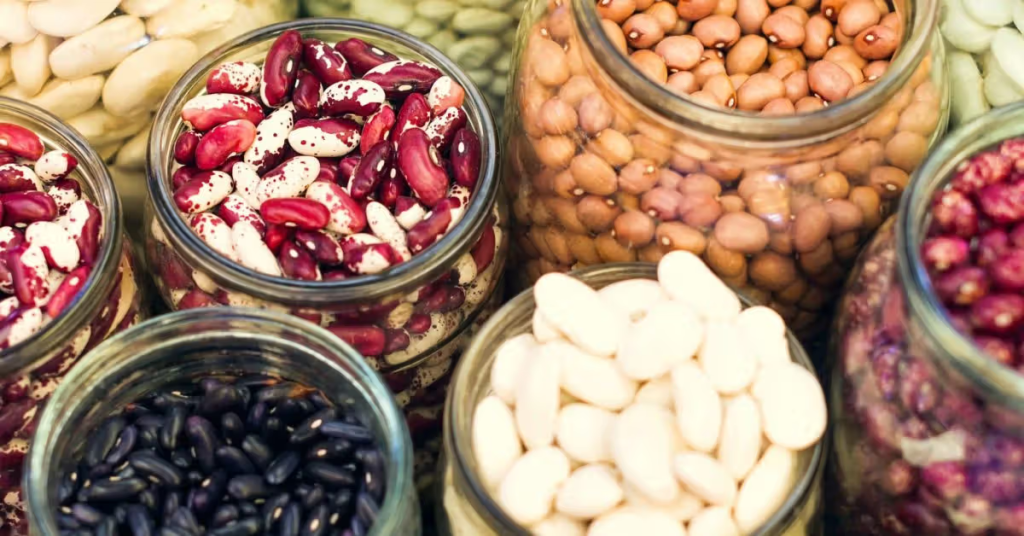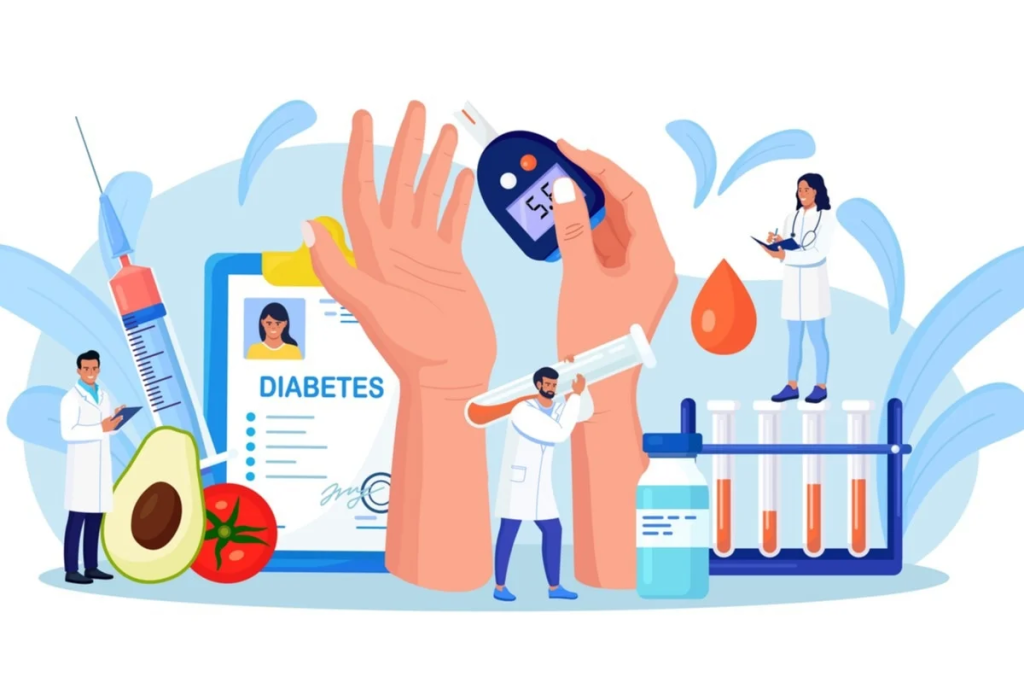
Beans, known as a superfood, offer a wide array of health benefits and are available in over 100 varieties worldwide. When it comes to individuals with diabetes, making wise food choices becomes crucial, emphasizing high protein content, fiber-rich options, and foods with a low glycemic index.
For diabetics, portion control and careful food selection are essential. It is important to meet daily nutritional requirements while keeping blood sugar levels within the target range.
In this article, we delve into the question “Are beans good for diabetics?” by examining various types of beans, their health benefits, and how their consumption can positively affect individuals with diabetes. Read on to discover the remarkable potential of this food.
Can diabetics include beans in their diet?
Beans, readily available and affordable, are nutrient-dense foods. They come in different forms, such as dry beans, canned beans, precooked beans, frozen beans, and vacuum-packed beans. While each form has its advantages and disadvantages, it is generally recommended that people with diabetes consume foods without added sugar or sodium.

Individuals with diabetes should incorporate foods rich in protein, fiber, and minerals while limiting high simple carbohydrates and foods with a high glycemic index. Thankfully, numerous foods meet these criteria in varying proportions, providing nutritious and suitable options for those managing diabetes. Some examples include:
- Vegetables: Non-starchy vegetables like salad greens, green beans, broccoli, cauliflower, cabbage, and carrots.
- Lean proteins: Chicken, turkey, beans, tofu, or eggs.
- Carbohydrate sources: Grains, starchy vegetables (such as potatoes), rice, pasta, beans, peas, fruits, and yogurt.
Including beans in the diet of individuals with diabetes is highly recommended. Medical guidelines suggest that approximately one-fourth of the plate’s portion should consist of carbohydrates, either from rice, beans, or similar foods.
Benefits of beans for people with diabetes
Beans offer several significant health benefits for diabetics due to their impressive nutritional profile. Let’s explore some of the profound advantages of beans for individuals with diabetes:

- Low glycemic index: Beans generally have a low glycemic index, ranging from 27% to 42%. This suggests that they have a gradual and slower impact on blood sugar levels, which is beneficial for glycemic control in people with diabetes. However, it’s important to note that baked beans, canned beans, and black-eyed beans tend to have higher glycemic indexes among other bean varieties. Therefore, moderate consumption of these types is recommended, especially for those striving to control blood sugar levels.
- High fiber content: Beans are rich in dietary fiber, both soluble and insoluble. Fiber plays a vital role in slowing down carbohydrate digestion and absorption, preventing rapid spikes in blood sugar levels. Additionally, fiber offers other significant health benefits such as improved satiety, reduced LDL cholesterol levels, and cardiovascular health.
- Rich in vegetable protein: Beans are an excellent source of plant-based protein, which helps stabilize blood sugar levels. The American Diabetes Association highlights that half a cup of beans provides as much protein as an ounce of meat without saturated fat.
- Nutritional quality: Beans are packed with essential vitamins and minerals while being low in trans fat, salt, and cholesterol. They contain nutrients like folate, iron, potassium, magnesium, and calcium.
- Cardiovascular benefits: Cardiovascular disease is a leading cause of mortality in individuals with diabetes. Beans, with their fiber content, potassium, magnesium, and vegetable proteins, play a crucial role in preventing these diseases and maintaining overall cardiovascular health.
- Regulation of insulin sensitivity: Some studies suggest that consuming legumes, including beans, may improve insulin sensitivity, potentially assisting people with diabetes in better utilizing insulin to regulate glucose.
Beans are a highly nutritious food recommended for inclusion in the diets of individuals with diabetes. Their low glycemic index, high fiber content, and quality protein make them helpful in preventing cardiovascular disease, a leading cause of mortality in people with diabetes.
Do beans contain sugar? Bean nutrition facts
Beans contain carbohydrates, including sugars, fiber, and starches. However, the sugar content in beans is typically natural sugars, making their carbohydrate profile healthy. While nutritional values may vary among the different types of beans available, we can use boiled red kidney beans as a reference, as they are a common variety.

For every 100 grams of boiled red kidney beans, you can expect the following nutritional breakdown:
- Calories: 127
- Water: 67%
- Protein: 8.7 grams
- Carbs: 22.8 grams
- Sugar: 0.3 grams
- Fiber: 6.4 grams
- Fat: 0.5 grams
These figures indicate that kidney beans are highly nutritious, providing 127 calories per 100 grams. They have a high


